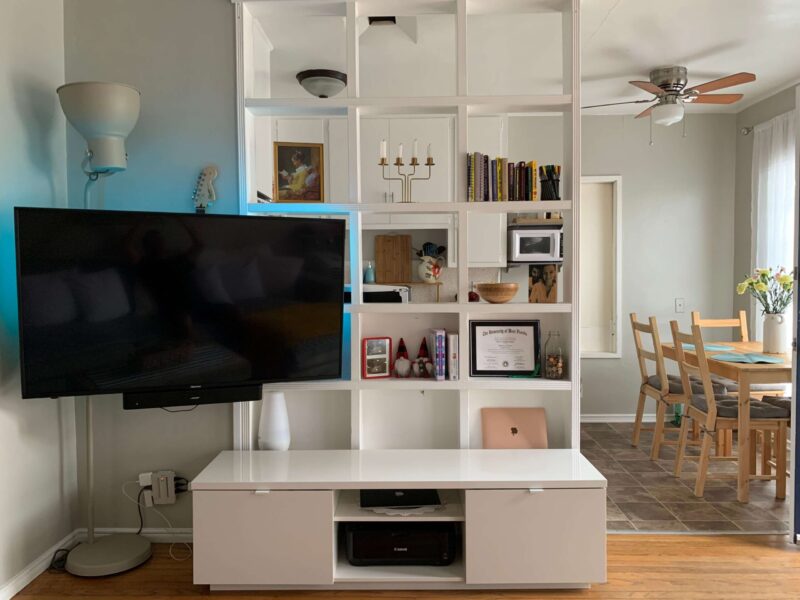In a world drowning in excess, the allure of minimalist living has never been stronger. We are inundated with possessions, commitments, and digital noise, leaving little room for clarity. The antidote? A deliberate, almost radical, simplification of your surroundings and routines. Minimalism isn’t just about owning fewer things—it’s about reclaiming space, time, and peace.
The Philosophy of Less
Minimalism is a rebellion against the modern obsession with accumulation. It’s the art of distilling life to its essence, stripping away the superfluous to reveal what truly matters. Think of it as a form of visual and mental decluttering—where every object, every obligation, must justify its existence.
The minimalist ethos isn’t about deprivation; it’s about intentionality. A sparse room with thoughtfully chosen pieces feels more expansive than a cluttered one crammed with meaningless trinkets. The same applies to schedules—fewer commitments mean deeper engagement.
Streamlining Your Space
Begin with the physical realm. Walk through your home with a critical eye. Does each item serve a purpose or spark joy? If not, it’s dead weight. The goal isn’t emptiness—it’s curated simplicity.
Furniture should be functional and aesthetically harmonious. A sleek, unadorned bookshelf beats a bulky entertainment center. Walls free of excessive decor create breathing room. If you’re struggling with tech clutter, consider a professional tv mounting service near me to free up floor space and achieve a cleaner look.
Closets are often black holes of disorganization. Adopt a capsule wardrobe—limit yourself to versatile, high-quality pieces. The fewer choices you have, the easier mornings become.
Digital Detox
Minimalism extends beyond the tangible. Our screens are cluttered with apps, notifications, and endless scrolling. Audit your digital life ruthlessly. Delete unused apps. Unsubscribe from newsletters you never read. Designate tech-free hours.
A streamlined phone or desktop isn’t just visually pleasing—it reduces decision fatigue. The less time spent sifting through digital chaos, the more mental bandwidth for meaningful pursuits.
The Time Economy
Minimalism isn’t confined to objects; it’s about reclaiming time. We fill our days with obligations, often out of habit rather than desire. Learn to say no. Prioritize activities that align with your values.
Batch similar tasks to minimize context-switching. Automate what you can. Delegate when possible. Time, once spent, is irreplaceable—guard it fiercely.
Mindful Consumption
The temptation to acquire is relentless. Advertising preys on our insecurities, convincing us that more is better. Resist. Before purchasing, ask: Will this add value to my life? If the answer isn’t a resounding yes, walk away.
Invest in quality over quantity. A single well-crafted chair outlasts five cheap ones. This principle applies to everything—clothing, gadgets, even relationships.
The Psychological Payoff
Living with less isn’t just aesthetically satisfying—it’s liberating. Fewer possessions mean less to clean, maintain, and worry about. Decisions become easier when options are limited. Mental clutter dissipates, leaving room for creativity and presence.
Minimalism fosters gratitude. When you own fewer things, you appreciate each one more. The same applies to experiences—when your schedule isn’t packed, you savor moments rather than rushing through them.
The Challenge of Letting Go
For many, the hardest part isn’t adopting minimalism—it’s sustaining it. We’re conditioned to equate abundance with success. Breaking that mindset takes vigilance.
Start small. One room at a time. One habit at a time. The process is iterative, not instantaneous. There will be setbacks—moments of doubt, the occasional relapse into old habits. Persist. The rewards—clarity, freedom, a life unburdened by excess—are worth it.
Minimalism isn’t a destination; it’s a continuous refinement. As you evolve, so will your definition of “enough.” The goal isn’t perfection—it’s progress. A lighter, more intentional existence awaits.

